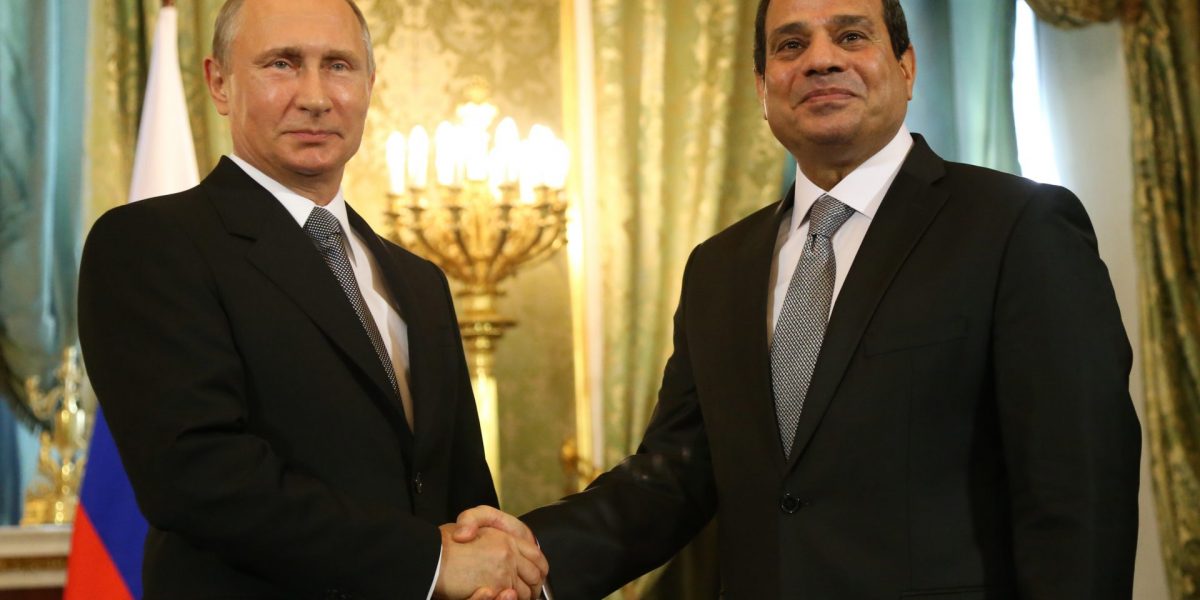Summary
- Egypt and Russia re-established close relations after the coup d’état by Abd al-Fattah al-Sisi in 2013. Sisi’s approach aligns with President Vladimir Putin’s, particularly its emphasis on stability at all costs, the desire to restore the military’s power and the pursuit of a more flexible foreign policy.
- Relations between Egypt and Russia are structured around mutual interests. Both have shown substantial pragmatism in their relationship, which resembles a convergence of interests rather than a strategic alliance. If there is any ideological congruity between Egypt and Russia, it pertains to authoritarianism and the emphasis on reinforcing national sovereignty and security.
- Egypt has sought to balance its relations with Western states and Russia in an increasingly multipolar order. In this context, Egypt’s foreign policy has rested on a desire to diversify its alliances, relying on a hedging strategy. This approach aligns with Sisi’s general policy of using the international space to reinforce domestic priorities.
- To varying degrees, both countries have sought to regain lost glory, with Russia seeking to be another global superpower and Egypt aiming to reactivate its role as a regional hegemon. While they have adopted various tactics to pursue these objectives, their strongman approaches are often aligned.
- Trade between Russia and Egypt has expanded. Egypt is dependent on Russia for wheat, a staple food in the country, and tourism, a vital source of foreign currency. Russia is building Egypt’s nuclear energy power plant in Al Dabaa and, arguably, perceives it as a way to pave the way for more nuclear energy deals in the future.








